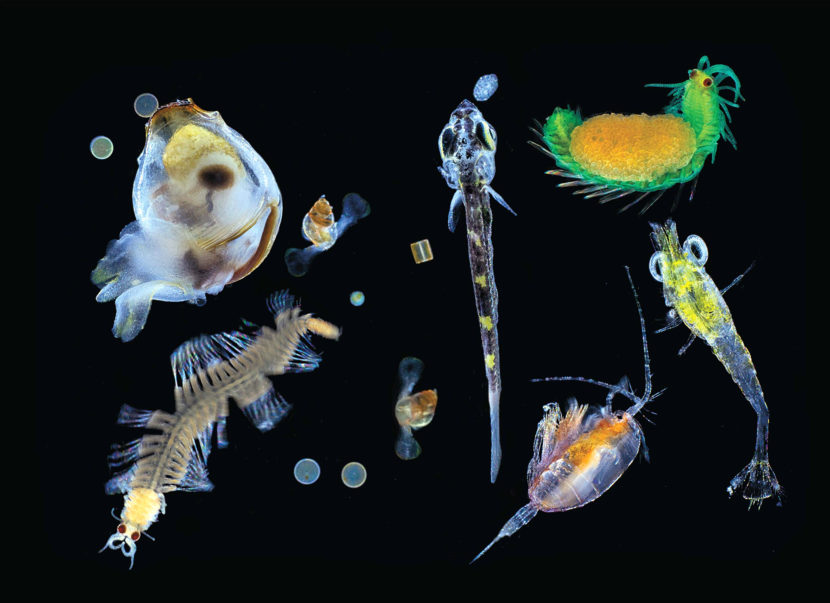After combing through data from the Aleutian Islands, a scientist has discovered an unexpected relationship between plankton and pink salmon. Although plankton might seem like an ecological afterthought, biological oceanographer Sonia Batten disagrees. She calls them the most important organisms in the ocean.

“They’re the basis of every marine food chain pretty much,” Batten said. “They support directly, or indirectly, the resources that we value. ”
That means even if a species isn’t eating the plankton itself, its food source probably is. Scientists consider plankton good indicators of what’s happening in the environment.
“Because they have short life cycles, they have very limited ability to move, and they’re not commercially fished,” Batten said. “They react very quickly to changes in their environment in a relatively unambiguous way.”
Batten has 15 years of data from plankton pulls in Alaskan waters. That involves dragging a net behind commercial fishing boats. When there are a lot of pink salmon, they eat up a lot of animal plankton. But when pink salmon numbers are low, the animal plankton flourish.
Those impacts are permeating the entire food chain — past their immediate prey. And if the pink salmon eat a lot plankton, there may not be much food left for the other predators.
In 2013, Batten started seeing something unusual.
“This was the first time that I’ve seen that the fish are actually influencing the plankton,” Batten said.
2013 was a bumper year for pinks, and the data began to look different. Batten didn’t see that big decrease in plankton. And now she’s left with a question: What changed?
“Pink salmon were supposedly in really high numbers in 2013, so I would have expected to see the same numbers,” Batten said. “But I didn’t, so that suggests that something’s going on in the environment that I don’t know about yet.”
She said it could be that the salmon are eating something else. She’s planning to continue looking for answers.
Zoe Sobel is a reporter with Alaska's Energy Desk based in Unalaska. As a high schooler in Portland, Maine, Zoë Sobel got her first taste of public radio at NPR’s easternmost station. From there, she moved to Boston where she studied at Wellesley College and worked at WBUR, covering sports for Only A Game and the trial of convicted Boston Marathon bomber Dzhokhar Tsarnaev.




